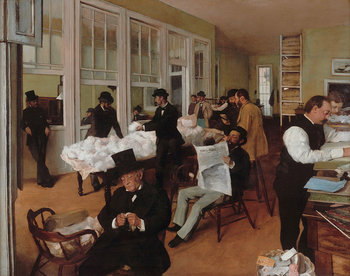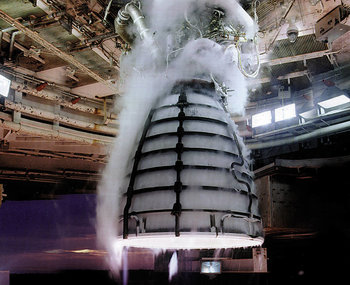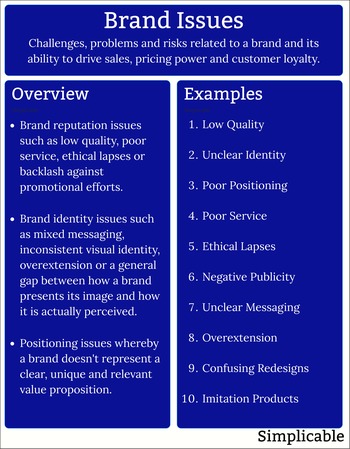
Trade Secret vs Patent
Firms may use trade secrets when they feel that a secret has long term value and feel confident that they can protect the secret. They may feel that the secret is so valuable that public disclosure via a patent is unthinkable as it may be copied with indifference to the patent. In some cases, patents result in endless legal wrangling as competitors sue and countersue each other.Patents are typically used when a firm wants the legal right to block competitors from copying an innovation. Alternatively, firms may see patent licensing as a business model. In many cases, an invention such as a product design is impossible to keep secret as it can be reverse engineered. It is also common for innovation to have a limited lifespan with no need for the longer protection that is possible with trade secrets.Trade Secret + Patent
In practice, patents tend to lack the information that is truly required to implement an invention up to the current state of the art. As such, trade secrets and patents aren't at all mutually exclusive. It is very common for a firm to apply for a patent while keeping secrets related to the invention. For this reason, it is common for patent license agreements to require that the patent owner provide up-to-date trade secrets related to the patent.| Trade Secrets vs Patents | ||
Trade Secrets | Patents | |
Definition | A valuable formula, method, practice, process, design, tool, pattern or compilation of information that is kept secret to contribute to a firm's competitive advantage. | A non-obvious new invention that is publicly disclosed in exchange for a limited period of exclusive rights. |
Primary Benefits | Potentially permanentSaving legal feesKeeping secrets to ensure they aren't copied | Legal protectionPotential for licensing fees A visible intangible asset that can be shown to investors |
Primary Risks | Inability to keep the secret | Competitors copying the patent with indifference to the law.A patent war with competitors that results in endless legal wrangling.Loss of rights at the expiry of the patent. |

























